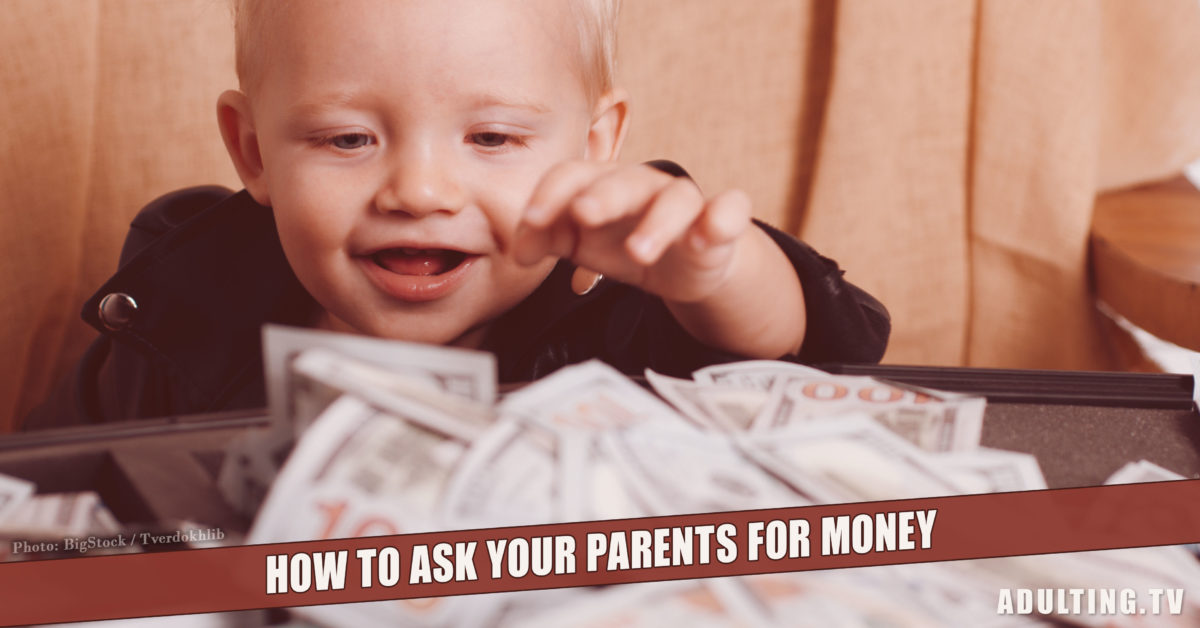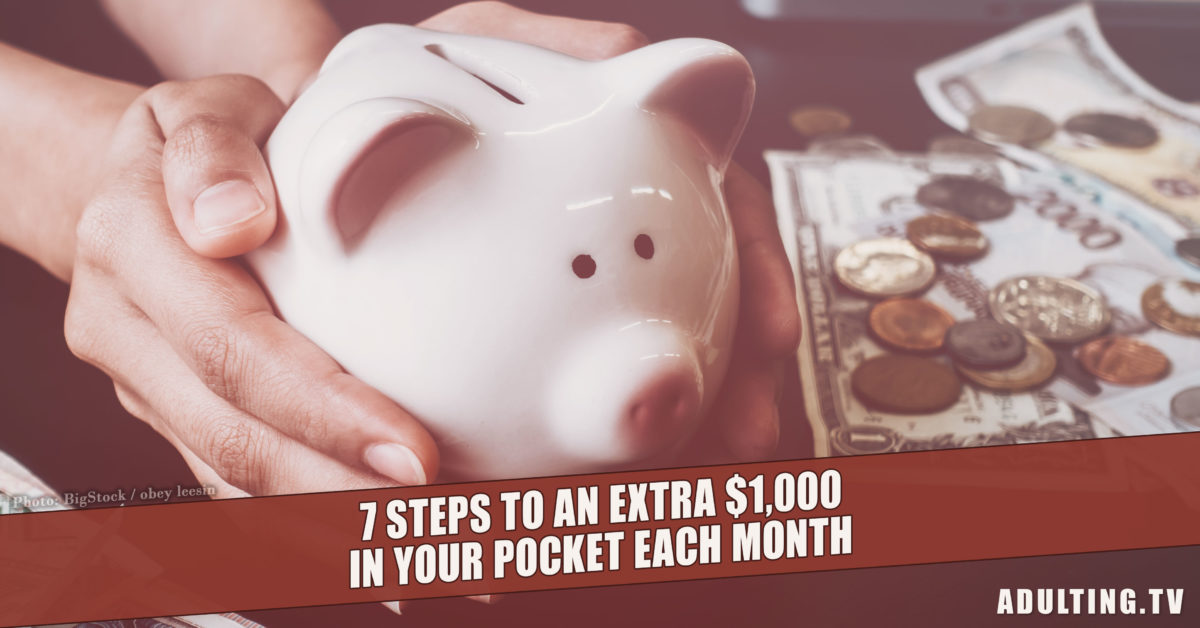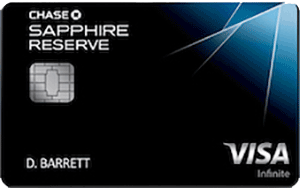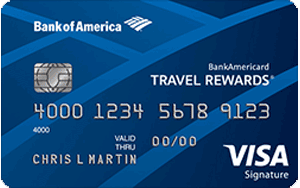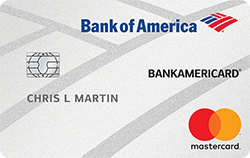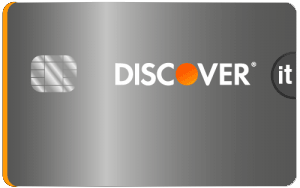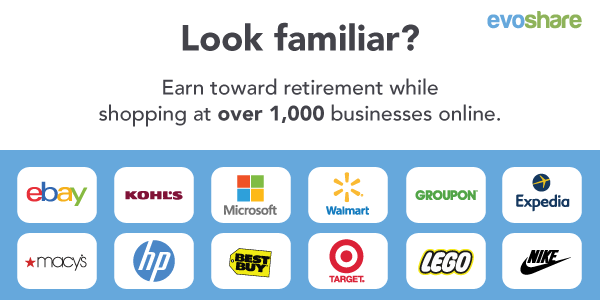You’ve probably already received one. You know what I’m talking about, the beautiful electronic “save the date” announcement for the next set of your friends getting hitched this summer.
And, you’ll be forgiven if the first thing you thought of was how much it was going to cost you. Because weddings have gotten expensive even for those of you who just attending in celebration of your friend’s love. Fortunately, there is still some time to work on a financial plan before attending your next wedding.
$1750.
That’s the amount that I spent on the last wedding I attended. But, it was in London, I was a bridesmaid, and that included the additional 3 weeks that I stayed to visit the happy couple. In fact, at the time that was around what the average cost for a bridesmaid in the United States. At least I got an international trip for the amount that I paid. And, it was wonderful spending time with my friends when they tied the knot.
Happily, all of my overseas friends have gotten married. But, my American friends are still getting hitched and I’m starting to worry about my wallet. If you’re in the same situation as I am there are several actions that we can take before we derail our finances celebrating love.
Be Honest.
It can feel pretty good getting invited to a wedding. But, sometimes people get invited to weddings that they really don’t need to attend. Here is a list of legitimate reasons why you shouldn’t attend every wedding:
You feel like you’re more of an acquaintance versus a real friend. If you’re not emotionally connected to at least one of the people getting married, you don’t need to attend the wedding.
You hate their significant other. This is always an awkward situation to be in. We’ve all been there at least once, absolutely loathing our friend’s “person.” If you find that you have to fight the urge to “speak up or forever hold your peace” when the wedding officiant asks-you should not be attending the wedding.
You’re Broke. Yep, it sucks to admit that you’re broke, but, going to a wedding and hurting yourself financially will bite you in the ass. And, going into debt in order to pay to attend means that you will spend months or in some cases years paying for that experience.
A couple of these scenarios touch on FOMO and adulting. It sucks to miss out on what could be a fantastic experience and being present for your friends on their special day is important to you, but making the hard choices is part of, ahem, adulting.
Time to Strategize.
After working through the honesty litmus test and making the decision to attend your next wedding, there are several strategic steps you can take to keep the costs under control.First, spend some time creating a wedding budget. Bankrate noted that the closer you are to the couple, the more you will end up spending with the cost ranging between $371-$728. This happens because you’re more likely to be invited to all of the ancillary activities that are connected to most wedding celebrations.
Create a list of expenses that many wedding guests find themselves paying for. Here are some suggestions to help lower the cost of each expense.
- Clothing-Many people may find themselves needing to pick up formal or cocktail wear. Instead of paying a ridiculous amount for a new dress or suit, check out companies such as Rent the Runway and rent your outfit for the occasion. If you would prefer to own your own outfit check out ThredUP.com which is an online consignment shop for the ladies (sorry guys!). Or, even better, wear what you have.
- Travel-Hopefully your next wedding is close to home. If it is, maybe you can carpool with other attendees and split the cost. If you have to travel further and need to fly to attend, use mileage points or book a low-cost carrier (look at all of the fine print before booking your ticket).
- Accommodation-Most couples will typically provide a variety of options for their guests. And, if you’re lucky, they will include affordable accommodation options. If not, there is nothing to stop you from staying at an Airbnb, an inexpensive hotel, or even a nice hostel.
- Parties/Alcohol/and Food-Nothing sucks more about attending a wedding when you can’t enjoy some of the highlights of the event. Spend some time looking at how many meals will be provided, what you will be paying for, how much you like to drink (let’s get lit!) and then set aside the amount that you deem necessary. In order to play it safe, you may want to add an extra 25% to the amount that you’ve estimated.
- Gifts/Donations-No one wants to show up empty-handed. Check out the gift registry as soon as it becomes available and buy the least expensive item that makes sense based on your relationship with the couple. Do it fast because other guests plan on doing the same thing!
This is an incomplete list. You may also be on the hook to attend the following activities: the bridal shower, bachelor party, or the rehearsal party.
Save Money and Side-Hustle.
Set up a separate wedding account and decide what is the maximum amount you will be willing to spend on attending weddings this summer. Once you’ve set that number make sure you stick to your guns! If you need extra money in order to make it happen you can pick up a side-hustle (only if you really love these people), or look for ways to earn more at your current job.
If none of these strategies will work for you, remember, you can always celebrate with the couple at a Happy Hour after they get back from their honeymoon. It’s perfectly ok to be clear about what you can and cannot do financially.
Do you have any tips for saving or spending wisely during the summer wedding season? Let us know in the adultingHALP Facebook community.




